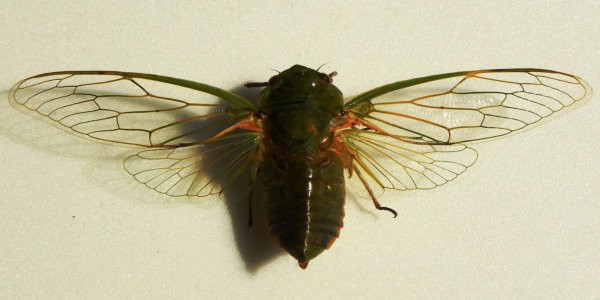One glorious morning awash with light and already heavy with the promise of the midday heat to come, Colin set off alone to buy a loaf of bread. This was the first time his mother had entrusted him with such an errand, and, at ten years of age, he felt the responsibility was properly his, and not one to be cast upon his shoulders lightly. He visualized the number 10. It was a truly impressive-looking number. His younger brothers, after all, were not yet into double digits. You could only be a breadwinner if you had two numbers.
Altamira was a quiet residential district, but it was also the home of the President. His ‘palace’ was only blocks from them. As a consequence, military policemen wearing sunglasses squatted outside, impassively picking their teeth in a jeep parked ostentatiously at the kerb, their rifles at the ready. Every house here had barred windows and walls topped with razor wire or broken bottle glass set in cement. Crime was an unspoken but omnipresent fear. Sudden small-scale eruptions of violence– break-ins or muggings– were not unknown. Phantom painters had from time to time daubed pristine whitewashed walls with revolutionary slogans: YANQUI NO, CUBA SI and VIVA FIDEL which were standing reproaches to bourgeois complacency and, for Colin’s family, warnings of their vulnerability as resident aliens with special privileges. For these reasons, the three children were not to stray far from home on their own. They could ride their bikes only on the sidewalks. Their block defined the perimeter of their permitted range of exploration. They were not to cross streets or talk to strangers. As they and their neighbours spoke different languages, this was not an issue, but the precautions turned every bike ride around the block into a mission fraught for a child with peril. On such occasions, Colin liked to pretend he was a dispatch rider with an important message to deliver to troops at the front. If he saw anyone coming the other way, he had to duck behind a cactus or one of the enormous flowering shrubs that had colonized the crumbling pavement, and shelter there unnoticed until the danger had passed.
And yet that happy morning, danger, real or imagined, was far away The street was joyful with the sounds of bird and insect life. The flowers and trailing plants that grew with such colourful profusion in pots on verandas and balconies and window-sills nodded in a light breeze. The air was still damp with overnight rain, and cotton-wool wisps of cloud floated in a deep blue sky. The house next door, from whose marble terrace came the nightly click of dominos and chuckling male camaraderie, was shuttered and still. All the other houses were likewise quiet, their inhabitants away at work, or asleep inside. There was no traffic. A palm frond clattered lazily overhead, caught by a sudden updraft, and damp heat rose from the drying street.
Once in the bustling abastos on Avenida Principal, Colin found a loaf of Pan Nacional in its distinctive white wrapper, the smaller word in the capacious embrace of a large stylized letter N, paid for it without being unmasked as a foreign interloper, and set off home. He was only steps from home when he was stopped in his tracks by the sight of an enormous chicharra clinging to the smooth trunk of a tree beside the driveway. A chicharra, he thought, was a nocturnal insect only. In dismay, he realized this was not so. Colin had a morbid fear of insects, a fear he had transmitted to his brothers Devon and Neil. Tropical insects were far larger, more grotesque, and seemingly more numerous than English ones. Not long before, he had for what seemed like weeks avoided the doorway between the pantry and the dining room, choosing the back way to the kitchen through the patio in preference, as the pantry doorway had become the perching place of a humongous black moth with fearsome circles he mistook for eyes on its wings. He did not remember how long it stayed there, an ominous unwanted presence that, like Poe’s raven, cast a pall over his life. He recalled Consuela, the cheerful maid from Antigua, blithely sweeping it off the wall with a broom. Its dying flutterings, all legs and wings, were even more fearsome than its unexpected and baleful presence in the house. It was a grinning Consuela, too, he recalled with shame and dread, who had tried to make light of his fears by holding up by its wings a flying fish she was going to cook for their supper, a spectacle that put him off his food for weeks, even though the fillet on his plate had borne no resemblance to its pre-cooked state.





